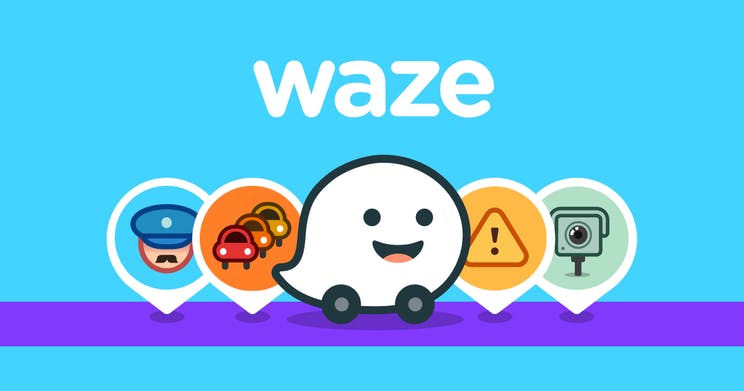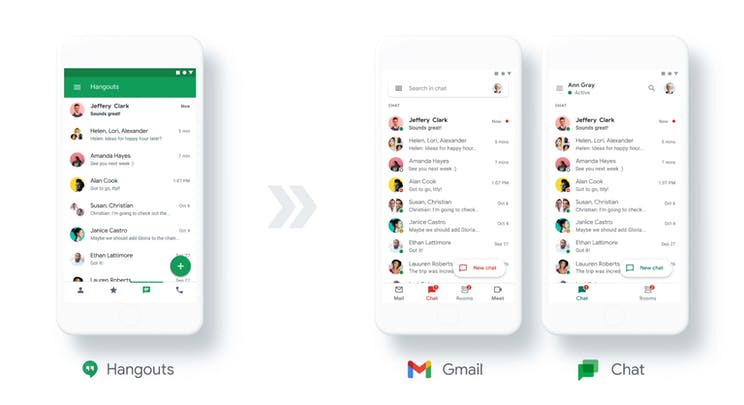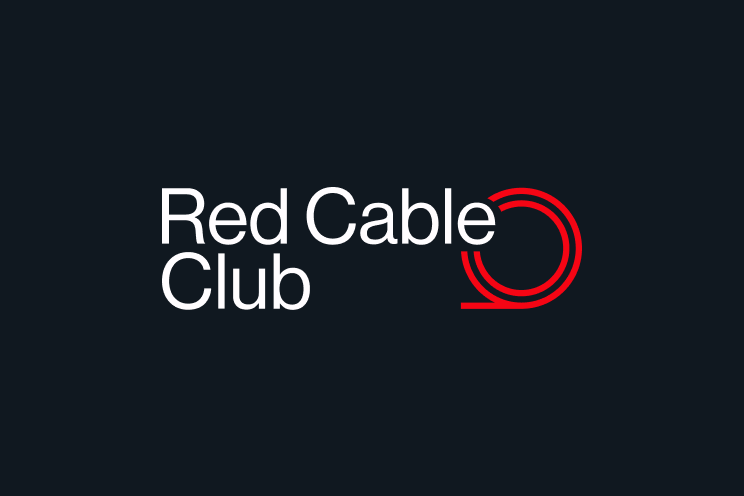Opinion: “Google’s ‘Don’t be evil’ slogan means nothing anymore”
We only choose smartphones that work on the Android operating system because we are more comfortable with Google’s ideas with Android, compared to iOS. Like no other, Google makes great smartphones accessible to a large group of users worldwide. Still, some of Google’s magic seems to be waning. What is going on?
Contents
Google the game changer
Let me start by saying that I am still a happy user of Android and many of the services that Google offers. Android is an open operating system that encourages creativity with software and personalization. Furthermore, I wouldn’t want to do without great services like Maps and YouTube.
Google succeeds in making smartphones accessible in all price ranges worldwide and Android Go with its lite apps makes an extra contribution to this. Whether you buy a 2000 euro foldable or a 99 euro budget device: the strong base remains the same.
Don’t be evil
“Don’t be evil” has been the slogan Google employees have used for over 20 years. That has been the case since Google was a start-up, but today you can still read it at the end of Alphabet’s Code of Conduct: “And remember … don’t be mean. is quite right – talk about it! ” Okay, let’s talk about it.
Image: Steve Rhodes, CC BY-NC-ND 2.0
At Androidworld we immerse ourselves every day in the latest news about smartphones and everything that connects to a phone. When a company regularly comes to the fore due to positive or negative facts, these trends strike us. That was the case with a social media site of a certain Mark Zuckerberg where the negative facts followed each other like an express train. Today that is still the case, but lately that alarm bell has been ringing more and more at Google.
E-mail with congratulations
We start on the other side of the world where Google has a serious dispute with the Australian government. He wants Google to contribute financially to the local press, and not only serve as a conduit for news that is looking for its own advertising income. In response, Google threatened to remove its search engine from Australia if the corresponding bill was passed. That does not immediately sound very constructive, and the same applies to Google’s communication in France.
Even less tactful sounded the communication at Google Stadia, where CEO Phil Harrison congratulated the developers of Stadia’s own game studio in an email. The game developers team made good progress in building exclusive Stadia games. A week later, the doors closed at Stadia Games & Entertainment. Harrison was also aware of the closure at the time he sent the email, according to game developers. “Don’t be evil”, that’s what they say. What does that slogan mean?

Corporate culture
There is often the impression that tech companies such as Apple, Google and Facebook succeed in getting the best out of their employees by creating a continuous start-up work atmosphere. The different teams believe that the services and products they create change the world, and the companies encourage creativity and daring.
Yet there was nothing more to do with that positive atmosphere at Google, according to ex-Waze CEO Noam Bardin. Google bought the navigation app Waze in 2013, but the collaboration with Google and the work atmosphere at the company has not done the Waze team any good in recent years, according to the man. A lot of Waze features appeared in Google Maps, but Waze itself got too little in return, according to Bardin. Or as Waze’s ex-CEO himself sums it up: “We could probably have grown faster and more effectively if we had remained independent.”

Google seems to be looking for its identity. Google Play Music was dropped in exchange for YouTube Music which is still in full pursuit to catch up with its bigger competitors. In addition, it was not possible from the beginning to stream your purchased music from Play Music on your smart speakers without having a subscription. Your own music that you bought yourself from Google, that would be a no-brainer must be.
Identity crisis
The result of such errors is that Google is in danger of losing credibility with the user. We know that Google can quickly change course and scrap services on the assembly line, and we see that in the musical chairs of messaging services, for example.
That argument is also getting eager for Google’s paid services, including by Stadia critics. If we then see that Google, despite the large investment, closes its own game studio before the first game has been released, then that is also not a good thing for the credibility of Stadia. Google is also very tight-lipped about further plans with Stadia, and with such a policy you can hardly convince gamers to keep buying new games on the platform.
Does Stadia want to become a major player in the gaming world, or maybe not? Is Google Play Music a good idea, or will we continue under the YouTube name? Allo, Google Messages or Hangouts? Which one will it be, and especially: how do you still explain it to the man or woman in the street?

Pixels lagging behind?
Five years ago, Google pulled the plug from the Nexus line of its own smartphones to kick off its own Pixel phones. The brand seemed to emerge as a smartphone manufacturer. The Pixel lineup has seen highs and lows over the years, but since Pixel 5 and Pixel 4a 5G launch, Google seems to be off track again. The Pixel 5 is a great phone, but it is quite pricey and the hardware differs too little from the Pixel 4a 5G.
Just last year, we wrote that the selling point for a Pixel phone should be software features and update policy more than ever. Google also seemed to understand with the Pixel Feature Drops, but the company can no longer call itself the best student in the class in terms of updates. Samsung now supports its phones longer than Google does, and the South Korean manufacturer also applies that update policy to its cheapest devices. Very strong.
Google, on the other hand, has far fewer phones that it has to provide with an update. The tech company, together with Qualcomm, has also laid the foundation for an improved update policy, and now it can hardly help but announce an improved update policy to stay ahead with its Pixels. It is unknown when that announcement will come, but Google’s silence is deafening for the Pixel user.
In addition, it is noticeable that Google’s Android shell sometimes lags behind the other manufacturers in terms of features, and OnePlus said that out loud recently. Google is at the forefront of its phone software, and the company needs to step up its game to compete with Apple in the software field. Every new iPhone has been receiving security updates for quite some time now. At the moment, Google seems to be struggling in the first place not to lag behind with its Pixels.
Saturated from data hunger
Google’s hunger for the data is also increasingly troubling the company. The revenue Google gets from the sale of Pixels is just a piece of cake compared to the revenue from the sale of targeted advertising. Yet that data hunger is less and less accepted by privacy watchdogs. We recently saw that with the Fitbit acquisition that was followed with suspicion worldwide.
At the same time, we see that users are increasingly privacy conscious and that Google’s major competitor Apple is also moving up a gear when it comes to privacy. That company now shows in detail on the basis of privacy labels in the App Store which data apps collect about you. Google also notices that it has to follow Apple in this, but in that case it actually leaks its own revenue model.
Google is struggling with itself and has to reinvent itself in certain areas. It is best to listen to his old slogan. What do you think about it? Do you agree with us? Let us know in the comments at the bottom of this article.
Main image: Steve Rhodes, CC BY-NC-ND 2.0


